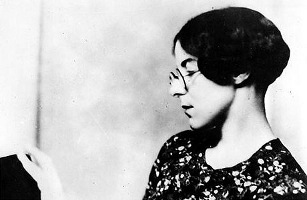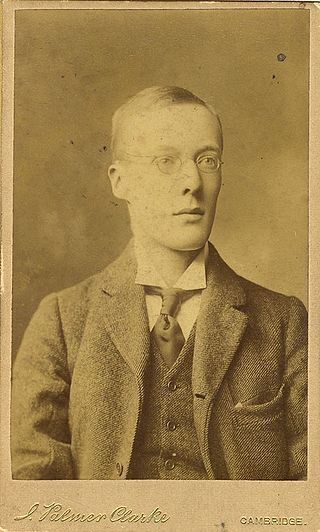
Robert Thurston ("Bob") Dart was an English musicologist, conductor and keyboard player. Along with Nigel Fortune, Oliver Neighbour and Stanley Sadie, he was one of Britain's leading musicologists of the post-World War II generation. From 1964 until his death he was King Edward Professor of Music at the University of London, based at King's College London.
Denys Hay was a British historian specialising in medieval and Renaissance Europe, and notable for demonstrating the influence of Italy on events in the rest of the continent.

"Greensleeves" is a traditional English folk song. A broadside ballad by the name "A Newe Northen Dittye of ye Ladye Greene Sleves" was registered by Richard Jones at the London Stationers' Company in September 1580, and the tune is found in several late 16th-century and early 17th-century sources, such as Ballet's MS Lute Book and Het Luitboek van Thysius, as well as various manuscripts preserved in the Seeley Historical Library in the University of Cambridge.

Sylvia Nora Townsend Warner was an English novelist, poet and musicologist, known for works such as Lolly Willowes, The Corner That Held Them, and Kingdoms of Elfin. Her paternal grandfather, The Reverend George Townsend Warner was headmaster of Newton Abbot Proprietary College in Devon where he had taught Arthur Quiller Couch, Bertram Fletcher Robinson and Percy Fawcett.

The Seasons is a secular oratorio by Joseph Haydn, first performed in 1801.

Gottfried Freiherr van Swieten was a Dutch-born Austrian diplomat, librarian, and government official who served the Holy Roman Empire during the 18th century. He was an enthusiastic amateur musician and is best remembered today as the patron of several great composers of the Classical era, including Carl Phillip Emanuel Bach, Joseph Haydn, Wolfgang Amadeus Mozart, and Ludwig van Beethoven.

Group Captain George Nigel "Geordie" Douglas-Hamilton, 10th Earl of Selkirk, was a British nobleman and Conservative politician.

Nigel Nicolson was an English writer, publisher and politician.

James Phillip McAuley was an Australian academic, poet, journalist, literary critic and a prominent convert to Roman Catholicism. He was involved in the Ern Malley poetry hoax.

Edward Joseph Dent, generally known as Edward J. Dent, was an English musicologist, teacher, translator and critic. A leading figure of musicology and music criticism, Dent was Professor of Music at the University of Cambridge between 1926 and 1941.
Arthur Henry Fox Strangways was an English musicologist, translator, editor and music critic.
Timothy Carter is an Australian musicologist with a special focus on late Renaissance music and Italian Baroque music. An active member of the field of musicology, Carter is a department chair at the University of North Carolina at Chapel Hill, where he holds the position of David G. Frey Distinguished Professor. He has worked on the editorial boards or staffs of a number of prominent musical publications and has published extensively in the field.
Peter James Marshall is a British historian known for his work on the British Empire, particularly the activities of British East India Company servants in 18th-century Bengal, and also the history of British involvement in North America during the same period. He is not to be confused with his contemporary, the other P. J. Marshall, who chronicled the history of public transport in the British Isles.
Nigel Cameron Fortune was an English musicologist and political activist. Along with Thurston Dart, Oliver Neighbour and Stanley Sadie he was one of Britain's leading musicologists of the post-World War II generation. He played an instrumental part in improving professional musicological standards in England through research initiatives, conferences and scholarly publications. This greatly increased his country's international reputation in the field of music scholarship.

Sir Anthony Carey Lewis was an English musicologist, conductor, composer, and music educator. He co-founded and served as the first chief editor of Musica Britannica, producing scholarly editions of British music hitherto unavailable. He published critical editions of operas by Handel, Purcell and John Blow.
Richard Capell was a British journalist who was music critic for the Daily Mail (1911–1933) and thereafter at The Daily Telegraph.

The American Institute of Musicology (AIM) is a musicological organization that researches, promotes and produces publications on early music. Founded in 1944 by Armen Carapetyan, the AIM's chief objective is the publication of modern editions of medieval, Renaissance and early Baroque compositions and works of music theory. The breadth and quality of publications produced by the AIM constitutes a central contribution to the study, practice and performance of early music.
Arthur Compton-Rickett was a lawyer, author, literary historian, and editor.

Susanna Elizabeth Burney, later known as Susan Phillips, was an English letter and journal writer. She wrote 650,000 words and her letters are said to be "the most important source on opera in the period".











